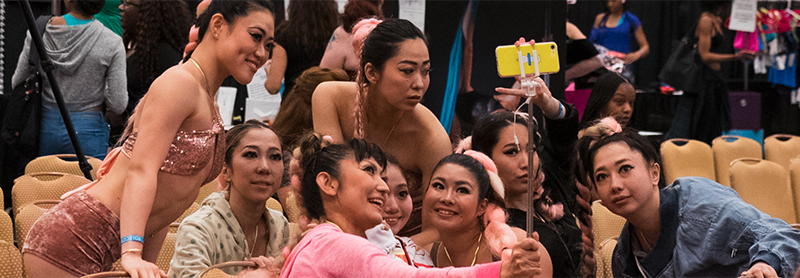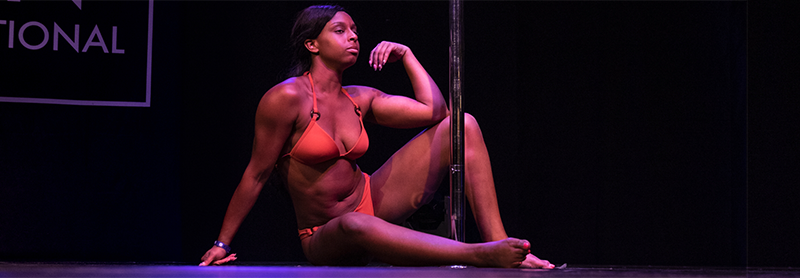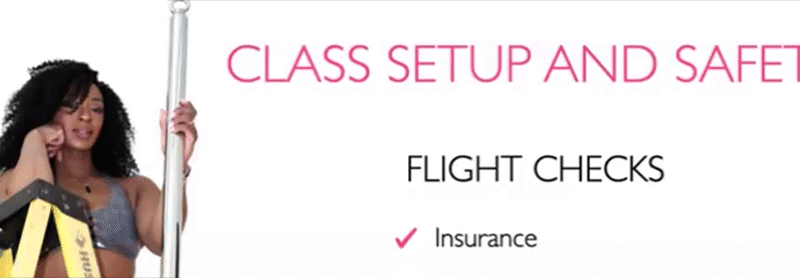Social media marketing may seem confusing and overwhelming sometimes. It is still a great way…

How to run a large pole-based event: working with hotels or other large venues
Running any event is hard! Running a pole-based event adds some extra eccentricities. Running a LARGE (larger than a studio showcase, or larger than 50 people indoors) pole-based event is even harder!
Before you start planning your event, read this post first which is a good introduction to running pole-based events and covers a lot of concerns and topics from a very high level. That post can help you decide if you want to move forward with running your own event, join forces with another event/organization, and help you understand what is needed to successful run an event.
In this post, we’ll go in depth into working with hotels and other large venues including what to expect and what to look out for as you plan your large pole-based event.
Get help finding your venue
When creating a large event such as a convention or competition, consider working with an outside company to help create your proposal to venues, source venues, and ultimately negotiate contracts with those venues for you.
Why? Hotels and large venues (like convention centers) are more accustomed to working with larger businesses and sometimes won’t even reply to a small business asking for a proposal! There are several of these types of businesses available and the best part is, they are typically of ZERO COST to you! The hotel or other venue pays these companies, and you get all the benefit. One of our partners, PoleCon, has worked with HelmsBriscoe, a meting procurement and site selection company for almost a decade.
What the hotel or other venue will ask for from you
Typically, the hotel or other large venue will ask for a combination of payments that may include:
- Room rental fee: literally the cost to rent their space.
- Food and beverage (F&B): the cost for food (don’t forget to factor in service charge and tax).
- Room block guarantee: the amount of hotel rooms your event guarantees that other people will book during your event.
The first two are typically paid by you, the event organizer, and may be a sliding scale that includes one element or a combination of the two. For instance, some hotels will prefer to do F&B costs rather than rental or vice versa. While other hotels might offer a mix, decreasing the room rental fee as the F&B increases.
The last one is typically paid by other people, your attendees, and is often at a discounted rate than they could find online otherwise booking outside of your room block. If you don’t make the room block guarantee, however, then you might be responsible for those costs. For instance, if you tell the hotel that 100 rooms will be rented during your event but only 50 rooms are rented, you may have to pay the difference. For smaller events, you may be able to ask for a “courtesy” room block which means your attendees receive a discount off the regular price of the rooms, but you are not liable if the rooms are not booked.
In general, hotels will always require room block guarantees. In general, convention centers will not require or even be able to accommodate a room block. Convention centers may have other fees or requirements such as you must pay for security during your event, you must use their preferred vendors, you can’t bring in outside food, or other requirements. Make sure to understand all those requirements before making any final decisions.
What you can ask for from the hotel or other venue
Everything is negotiable!
No, really! It can be scary working with a big, corporate hotel chain as a small business, especially if you have your heart set on having your event in a particular place BUT it pays to ask.
Here are some things that may be negotiable that can be specified in your contract. This is not an exhaustive list! If you want it, ask—all they can say is no.
- Free rooms for you/your staff
- Customized F&B options – ask them to make a package that works for your budget
- Discounts on audio/visual (A/V) services (or conversely, if you are NOT allowed to bring in your own A/V services)
- Free water stations
- Free Wifi access
- Free or discounted parking fees
- Free site visit including a free night’s stay in the hotel.
Understanding the contract process
We can’t stress enough that it will benefit you to work with a procurement company. They will represent you in the contract negotiation.
The contract will specify the costs you agreed to, the timeline that those costs will be paid (including sometimes an immediate deposit from you/your organization), and any other details such as insurance requirements, what to do if something happens that prevents you from holding your event (such as a pandemic… not like that will ever happen again j/k), and other location-specific requirements. If you are working with a hotel chain, make sure you sign up for their rewards program and collect points on your event!
This process may take several weeks to finalize. Have patience but also make sure you advocate for yourself by reminding the hotel/the procurement company that you are interested in finalizing the contract through regular emails and/or calls.
Running a large, pole-based event can be a great benefit to your local or larger community. Make sure you understand all resources available to you and all costs involved before you sign any contracts! Got questions about this post? Let us know!



